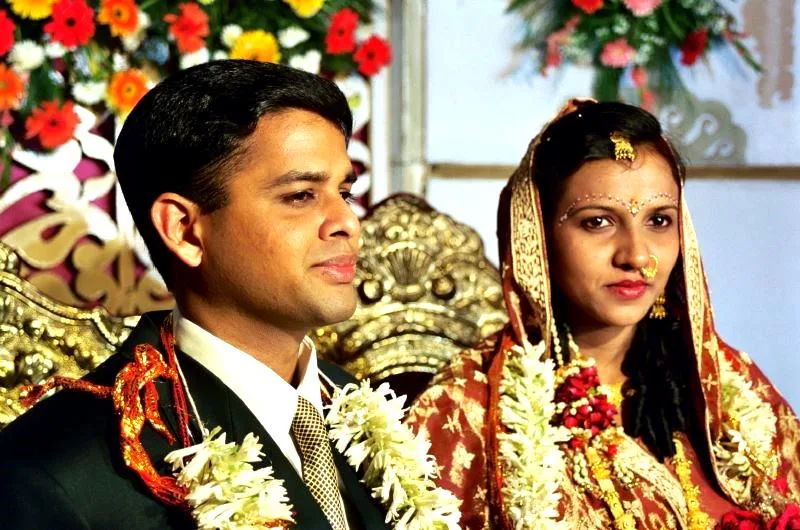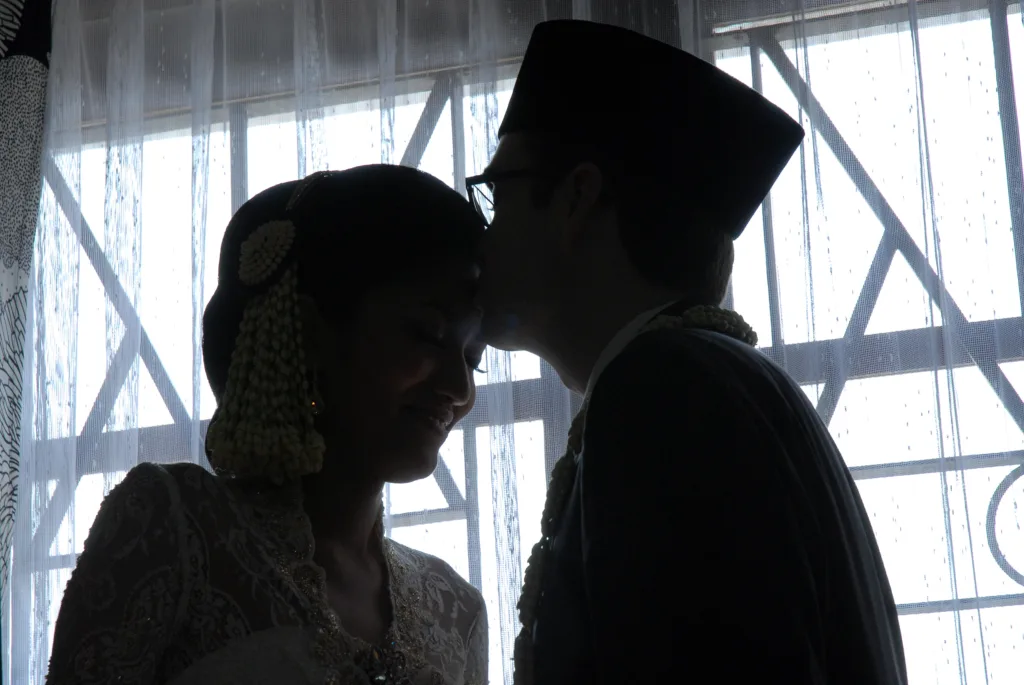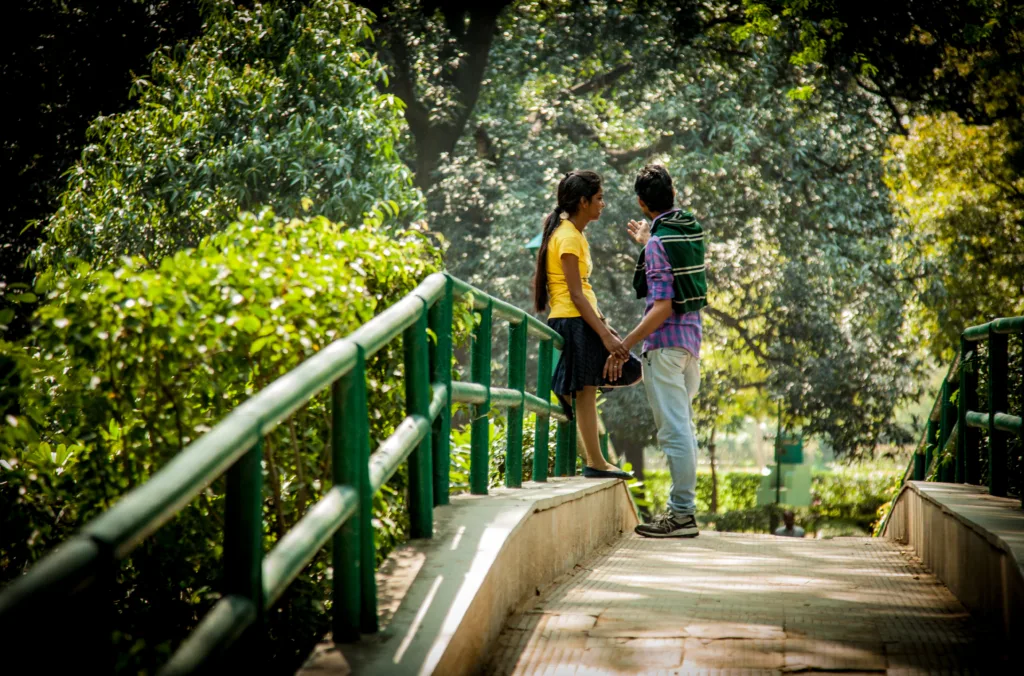We use cookies to improve your experience with Monash. For an optimal experience, we recommend you enable all cookies; alternatively, you can customise which cookies you’re happy for us to use. You may withdraw your consent at any time. To learn more, view our Website Terms and Conditions and Data Protection and Privacy Procedure.
When states give love a bad name
Published on April 10, 2024The reshaping of constitutionally guaranteed freedoms by bringing young adults’ sexual choices under the radar of the state has sinister implications.
 How does law legislate on matters of the heart and what are its implications? : Michaael Joiner, 360info CC BY 4.0
How does law legislate on matters of the heart and what are its implications? : Michaael Joiner, 360info CC BY 4.0
The reshaping of constitutionally guaranteed freedoms by bringing young adults’ sexual choices under the radar of the state has sinister implications.
In his poem Law like Love, the great British-American poet W.H. Auden immortalized what many of us struggle to understand about the law. What are its limits? And how does it legislate on matters of the heart?
The Uttarakhand Uniform Civil Code 2024, now a law, has a strange clause: Part 3 requires that all live-in relationships — a clause applicable even to non-residents — be registered with the local police station in India’s Uttarakhand.
Not registering within a month of cohabiting can attract a jail term of three months and a penalty of up to $120. It also excludes queer couples from its ambit, ignoring major milestones in granting equal rights to India’s LGBTQIA community.
The Uniform Civil Code was a poll promise by India’s ruling Bharatiya Janata Party in the 2014 general election. In becoming law just over a month away from the upcoming general elections, this can be seen as steps towards its actualization.
But in bringing the sexual choices of young adults under the radar of the state, this unsubtle reshaping of constitutionally guaranteed freedoms has other sinister implications. Not only does this create possibilities for surveillance, it allows for the creation of a database of couples that do not fall within state-sanctioned ideas of love.
It also means that neighbors and landlords become sources of moral policing and gatekeeping in housing societies in both small and big cities, rapidly shrinking already precarious grounds for live-in couples.
This can be read as the latest in a line of legislations towards regulating desire: a spate of anti-conversion laws across Indian states; the demand for securing parental consent for love marriages in Gujarat; and numerous love-jihad campaigns.
This begs the question: what is love in India?
Honour killings — of those who dare to love across caste and religion, outside the prescribed boundaries approved by family and society — continue with impunity, scarring the landscape of romantic love in India. The societal odds are against these brave couples.
A whopping 93 percent of Indian marriages are arranged, occurring within the same caste and community. The preservation of caste supremacy through marriage has been popularised by the 2020 Netflix reality TV show Indian Matchmaking, which advocates a selective breeding of non-resident Indian populations based on caste and colour.
In 2023, Indians were confounded by a request from the Animal Welfare Board to go hug a cow on February 14, and for Cow Hug day to replace the vastly more popular St. Valentine’s Day. This is also a reminder that “gau mata” or the sacred mother cow becomes the beacon of a heteronormative, masculinist version of statehood propped on cultural homogeneity and religious polarization.
Amidst this desire to govern who one lives with and loves, the idea of love remains as political a decision as a private one.
As the Indian state moves closer towards assuming the role of father figure and sanctioning who we love, this 360info package examines the regulation of love across societies and what it means for citizens.











